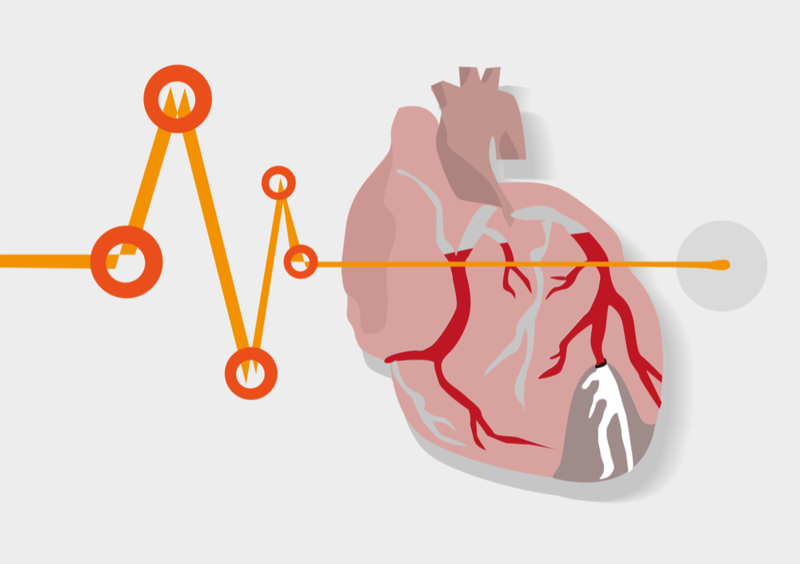Artificial Intelligence predicts heart disease deaths better than doctors: PLOS ONE
ANI Sep 05, 2018
According to a latest study, a recent model developed using Artificial Intelligence (AI) can better predict the risk of death in patients with heart disease than the existing models designed by medical experts.

The study adds to the growing evidence that AI could revolutionise healthcare in the UK and beyond. So far, the emphasis has been on the potential of AI to help diagnose and treat various diseases, but these new findings suggest it could also help predict the likelihood of patients dying too.
Andrew Steele, first author of the paper said, "It won't be long before doctors are routinely using these sorts of tools in the clinic to make better diagnoses and prognoses, which can help them decide the best ways to care for their patients." He also added that doctors already use computer-based tools to work out whether a patient is at risk of heart disease. The machine-learning will allow more accurate models to be developed for a wider range of conditions.
The model was designed using the electronic health data of over 80,000 patients, collected as part of routine care, and available for researchers on the CALIBER platform. Scientists wanted to see if they could create a model for coronary artery disease, the leading cause of death in the UK, that outperforms experts using self-taught machine learning techniques.
An expert-constructed prognostic model for coronary artery disease which this work was compared against made predictions based on 27 variables chosen by medical experts, such as age, gender and chest pains. By contrast, the research team got their AI algorithms to train themselves, searching for patterns and picking the most relevant variables from a set of 600.
Not only did the new data-driven model beat expert-designed models at predicting patient mortality, but it also identified new variables that doctors hadn't thought of. "Along with factors like age and whether or not a patient smoked, our models pulled out a home visit from their GP as a good predictor of patient mortality," says Andrew. "Home visits are not something a cardiologist might say is important in the biology of heart disease, but perhaps a good indication that the patient is too unwell to make it to the doctor themselves, and a useful variable to help the model make accurate predictions."
Andrew said that machine learning is a hugely powerful tool in medicine and has the ability to revolutionise how they deliver care to patients over the next few years. The findings appeared in the Journal PLOS ONE.
-
Exclusive Write-ups & Webinars by KOLs
-
Daily Quiz by specialty
-
Paid Market Research Surveys
-
Case discussions, News & Journals' summaries